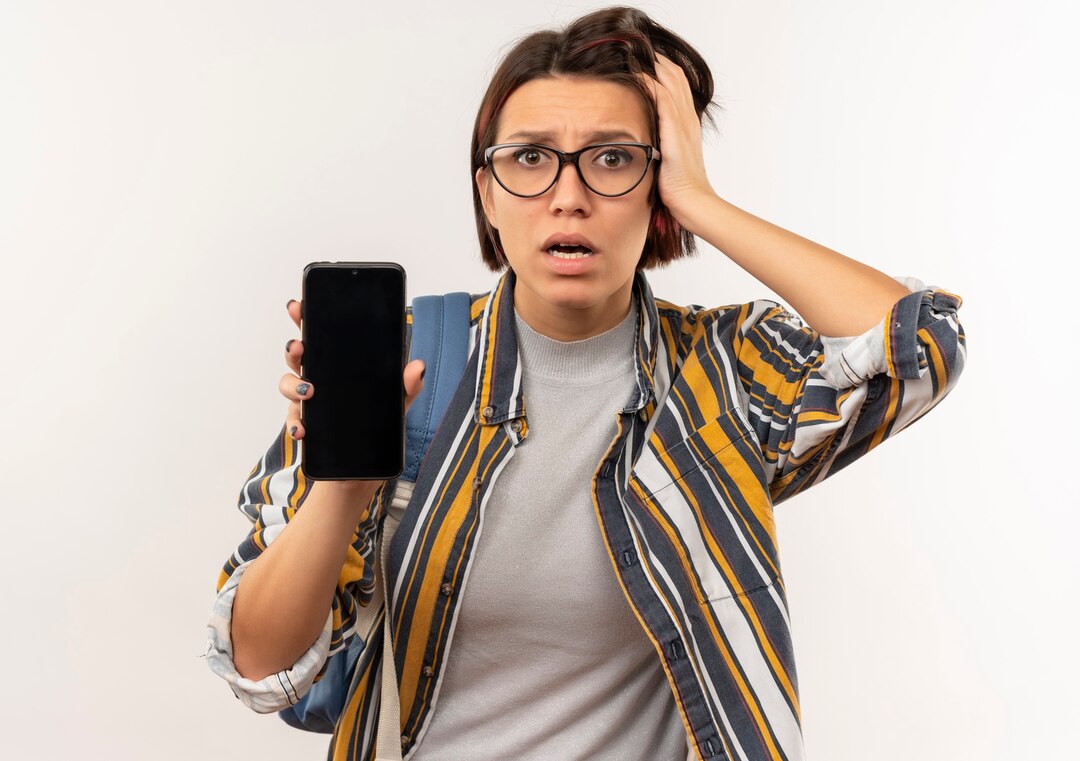In today’s digital age, our lives are increasingly intertwined with technology, from smartphones and laptops to social media and streaming services. While technology has undoubtedly brought many benefits, such as connectivity and convenience, it has also led to a constant state of connectivity and information overload that can take a toll on our mental and emotional well-being. Digital detox, the practice of temporarily unplugging from electronic devices and online activities, has emerged as a powerful antidote to the stresses of modern life. In this article, we’ll explore the concept of digital detox, its benefits, and practical tips for incorporating it into your self-care routine.
Understanding Digital Detox:
Digital detox involves taking intentional breaks from digital devices and online activities to reduce stress, improve focus, and promote mental clarity. It allows individuals to disconnect from the constant barrage of notifications, emails, and social media updates, giving them an opportunity to recharge and reconnect with themselves and the world around them. Digital detox can take various forms, from short breaks during the day to longer periods of unplugging, such as weekends or vacations.
Benefits of Digital Detox:
- Reduced Stress and Anxiety: Constant exposure to digital devices and information overload can contribute to feelings of stress and anxiety. Digital detox allows individuals to step away from the noise and distractions of technology, promoting relaxation and peace of mind.
- Improved Sleep Quality: The blue light emitted by screens can disrupt the body’s natural sleep-wake cycle and interfere with the production of melatonin, a hormone that regulates sleep. Disconnecting from screens before bedtime can improve sleep quality and promote better rest.
- Increased Productivity and Focus: Continuous multitasking and constant distractions from digital devices can hinder productivity and concentration. Digital detox helps individuals reclaim their focus and attention, leading to increased efficiency and performance in tasks and activities.
- Enhanced Relationships: Excessive use of digital devices can detract from face-to-face interactions and diminish the quality of relationships. Digital detox encourages meaningful connections with loved ones, fostering deeper bonds and communication.
- Heightened Awareness and Mindfulness: By unplugging from digital distractions, individuals can cultivate greater awareness and mindfulness in their daily lives. Digital detox allows for moments of reflection, appreciation of the present moment, and connection with one’s surroundings.
Practical Tips for Digital Detox:
- Set Boundaries: Establish specific times and places where digital devices are off-limits, such as during meals, before bedtime, or during social gatherings.
- Schedule Screen-Free Activities: Plan activities that do not involve screens, such as outdoor walks, reading books, practicing mindfulness or meditation, or pursuing hobbies and interests.
- Use Technology Mindfully: Practice conscious use of technology by limiting screen time, disabling notifications, and avoiding mindless scrolling on social media.
- Create Tech-Free Zones: Designate certain areas of your home, such as the bedroom or dining room, as tech-free zones where digital devices are not allowed.
- Engage in Offline Interactions: Prioritize face-to-face interactions with friends and family members, scheduling activities and outings that promote real-life connections.
Digital detox is a powerful practice that offers numerous benefits for mental, emotional, and physical well-being in today’s hyper-connected world. By intentionally unplugging from digital devices and online activities, individuals can reduce stress, improve sleep quality, enhance productivity, and cultivate deeper connections with themselves and others. Incorporating regular digital detoxes into your self-care routine can lead to greater balance, mindfulness, and overall happiness in life.








